Jessica Rose: ‘Why I quit plastic’
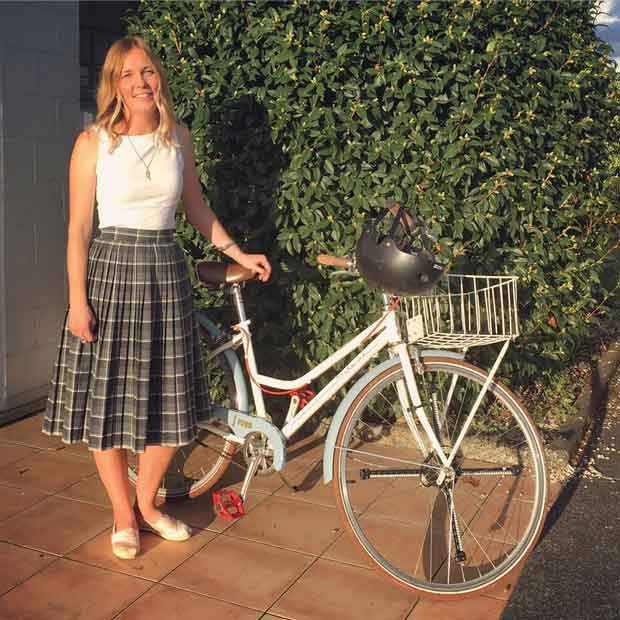
Jessica Rose makes simple changes to reduce her plastic use.
Urban eco warrior Jessica Rose suggests some easy lifestyle changes to make for Plastic-Free July.
Words: Jessica Rose
Last year I signed up to join Plastic-Free July to raise my own awareness of how heavily we rely on plastics in our day-to-day life.
Plastic is a pretty new product, but we are now very dependent on it. Plastics are a type of synthetic polymer and were first developed in 1869 by John Wesley Hyatt.
Hyatt was looking for an alternative to ivory, and while he had good environmental intentions (hoping to prevent the slaughter of elephants), plastics are now affecting other animals. Sea turtles are known to dine accidentally on plastic bags floating in the ocean, mistaking them for jellyfish, their natural prey. Animals that eat marine life are also affected; there is an image of a sea bird (ok, there are heaps) with its tummy filled with plastic. That image has haunted me for years, as has the knowledge that a polythene supermarket shopping bag will take 1000 years to biodegrade.
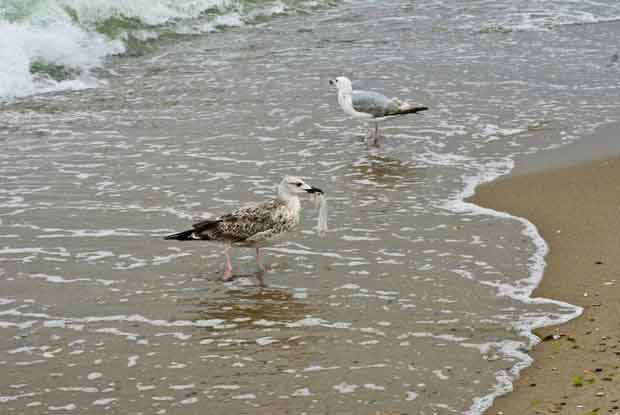
What I learned from Plastic-Free July last year is just how much plastic there is in everything we do, and how hard it is to avoid, especially when you buy food! Most food products in a supermarket are wrapped in plastic, and even if you are a vegetarian like me, if you want to buy tofu it’s still in a plastic bag inside the cardboard box!
I thought I’d try the supermarket bulk bin to get my fix of lollies (always wrapped in plastic), but you still need to use a plastic bag in that supermarket section too. The vegetable section is also a plastic haven unless you raid the paper mushroom bags, although even this is of no help if your potatoes are already pre-packed in a plastic bag.
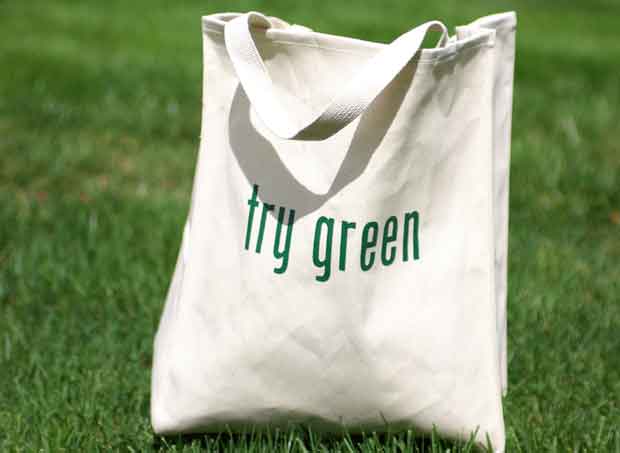
I’ve also learned that there are a lot of quick, easy fixes to reduce plastic use that you will barely notice. Always have reusable fabric shopping bags in the car – easy. Use a teaspoon of sugar as a face wash, a sweet and simple alternative to using a product filled with plastic microbeads.
I now try to make informed decisions about where to get my takeaways from before I wind up with a house filled with curry-stained empty plastic containers and the next time I buy pegs, I will get wooden ones.
I’m happy to say that following last year’s challenge I have managed to make some permanent changes to my lifestyle to reduce plastic.
HERE ARE SOME EASY CHANGES I HAVE MADE
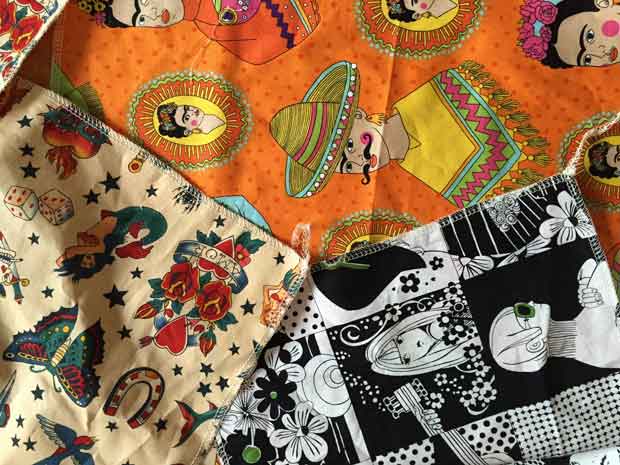
Beeswax food wraps made by Jessica.
• I made beeswax wraps, got some glass containers and haven’t used plastic wrap in a year – I don’t miss it and won’t start again.
• I take my own bags to the market and reuse them, and always use my tote or cardboard boxes at the supermarket – there are products I won’t buy anymore because I can get them plastic wrap-free at the market.
• I switched to a bamboo toothbrush. Easy.
• Don’t freak out ladies, but Diva Cups are an environmentally sustainable female sanitation option that not many know about. Although this is a plastic product, they are reusable and reduced the amount of waste landfill. Surprisingly, I found that I’d never go back to the old way now.
The reason I’m doing the challenge again this year is that I hope I can add to the small changes I made last year. With the Plastic-Free July gaining more followers each year, I think this can make us all aware of the waste we are creating.
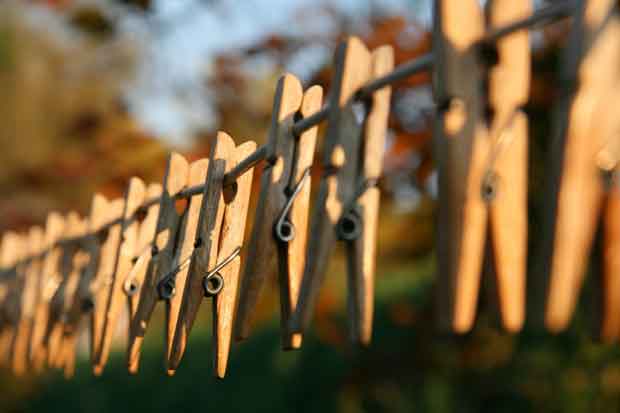
Replace your plastic pegs with wooden ones. Photo: Dreamstime
SOME MORE CHANGES I WANT TO MAKE THIS PLASTIC-FREE JULY
• Get a glass water bottle
• Be brave enough not to use a plastic bag for a bin-liner. I’m going to try just washing the bin when I empty it. Surely that’s not that hard?
• Change my pantry storage containers to glass when I need to replace them.
• Sew a few smaller cloth totes so that when I’m buying loose fruit and veggies, or stuff from the bulk bin I don’t have to use a plastic bag to keep them together (this would be good when getting bread rolls too).
Final words: Every little change you make adds up – never think what you are doing isn’t good enough.
Jessica is a ‘thug’ crafter, DIY enthusiast and experimental cook, none of which are related to her day job at an Auckland tertiary training institution. She is also a firm believer in sustainability and likes to advocate bicycling to promote healthy cities for young and old.


